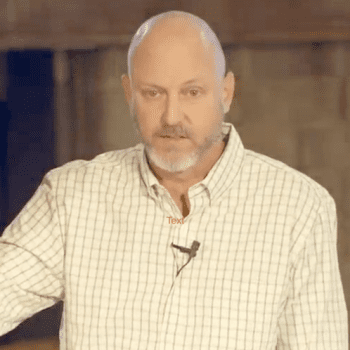Artists Resisting Authoritarian Regimes There’s a reason authoritarians fear poets, musicians, and storytellers. Artistic expression constitutes a powerful form of resistance to authoritarian regimes. When governments ignore civil rights and erode freedoms, artists become dissidents by definition. Every act of free expression becomes a form of rebellion. “Totalitarian regimes fear poets more than soldiers,” Hannah Arendt wrote, “because soldiers can be defeated, but ideas cannot be killed.” It’s possible that nothing could be more important to the future of America... Read more

















